Endocrinology and Hormones
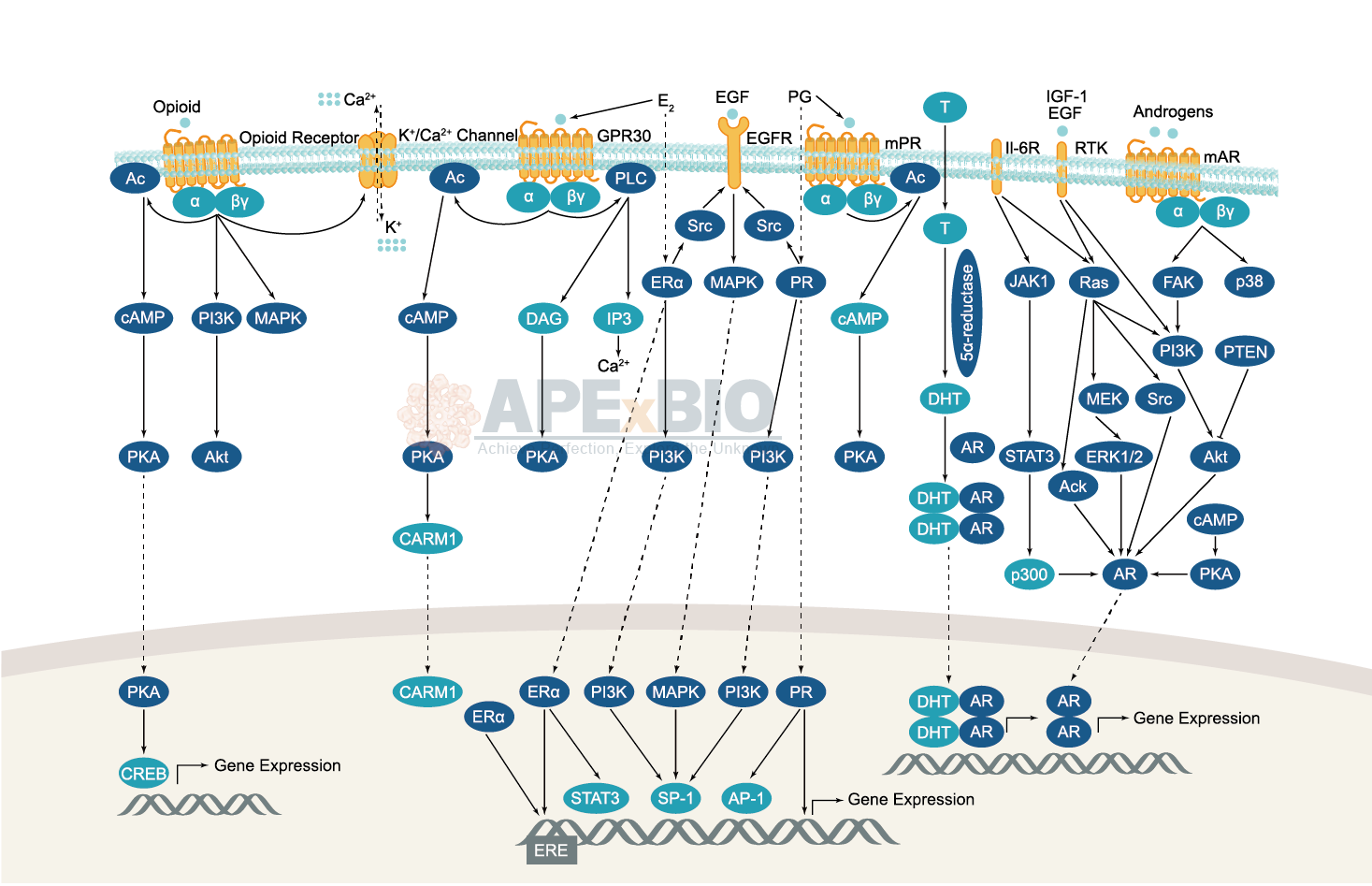
There are three types of hormones based on their chemical composition: Amines (e.g. dopamine, adrenalin and noradrenalin); Steroids (e.g. estrogen, testosterone and glucocorticoids); Peptides (e.g. the peptide hormones insulin, ghrelin and vasopressin). Peptide hormones produced by secretory nervous tissue are known as neuropeptides. For example, thyroid hormone plays important parts in development, homeostasis and metabolism, while cortisol is essential for growth, nutrient supply and immune function. Moreover, the regulation of blood glucose involves several pancreatic peptide insulin and its counter regulatory hormone, glucagon, as well as cortisol, growth hormone and epinephrine.
Dysregulations in endocrine system are implicated in diseases such as Acromegaly, Cushing Syndrome, Diabetes, Dwarfism, Graves Disease, Hermaphroditism, Delayed and Precocious Puberty and Thyroid Diseases.
-
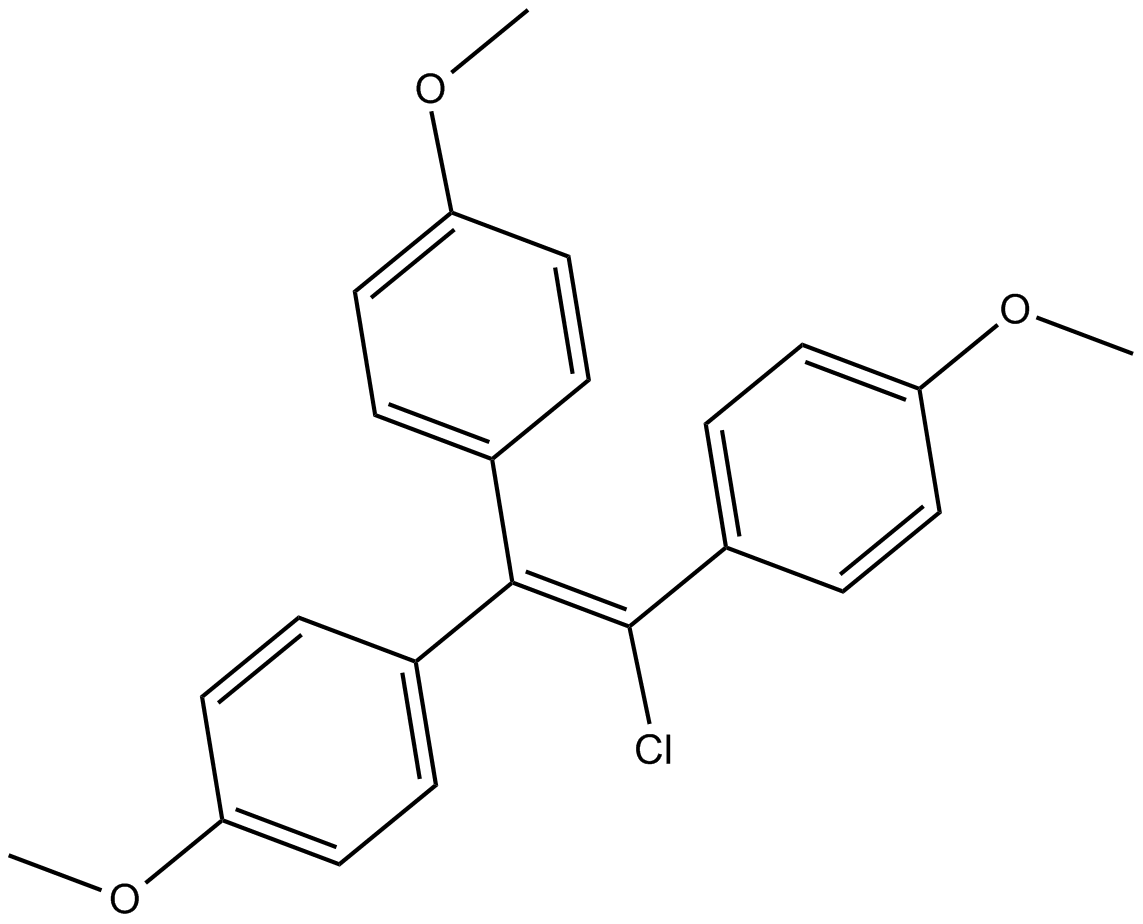 B5912 ChlorotrianiseneSummary: Estrogen agonist
B5912 ChlorotrianiseneSummary: Estrogen agonist -
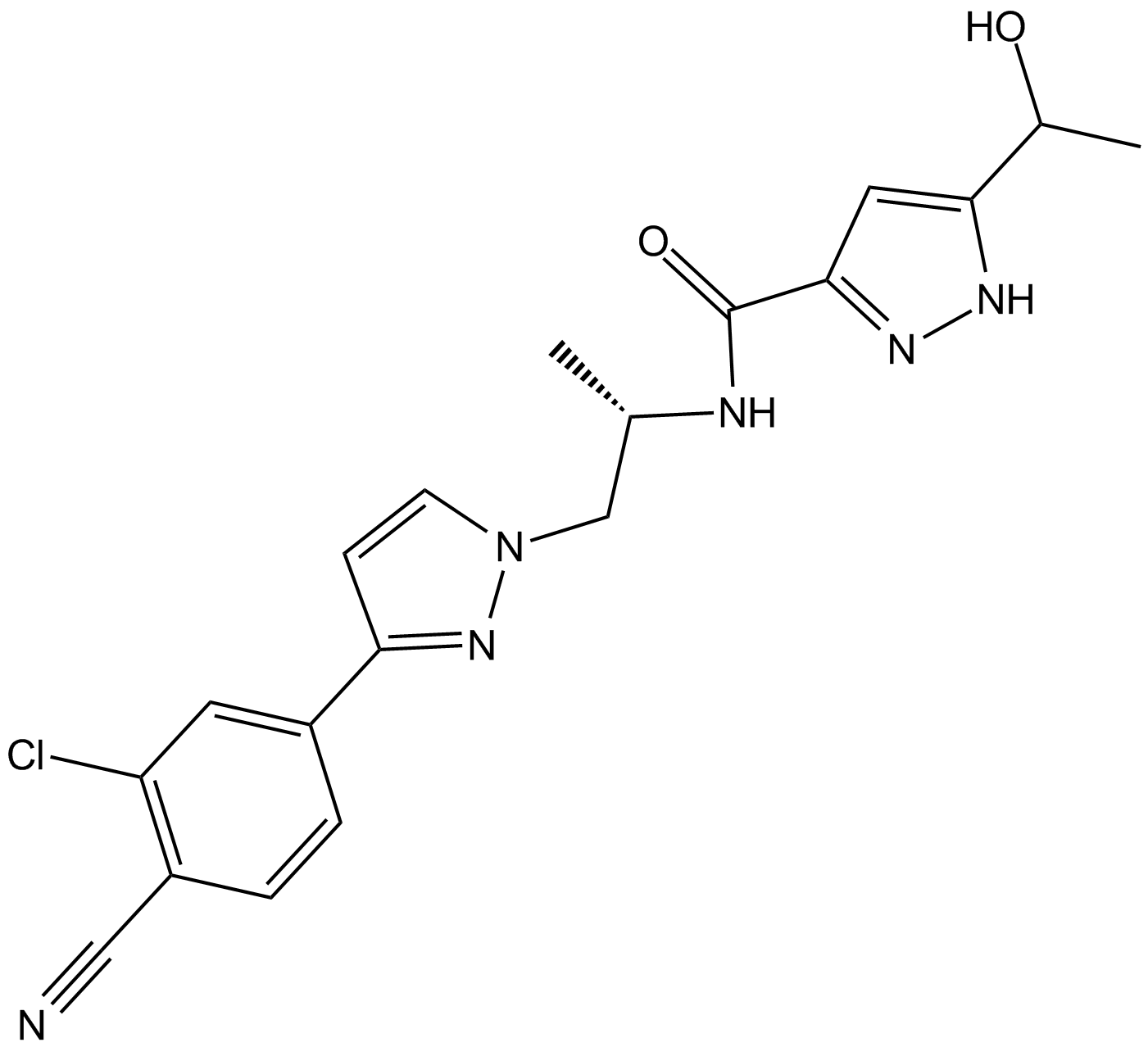 A8452 ODM-201Target: Androgen ReceptorsSummary: new-generation androgen receptor inhibitor
A8452 ODM-201Target: Androgen ReceptorsSummary: new-generation androgen receptor inhibitor -
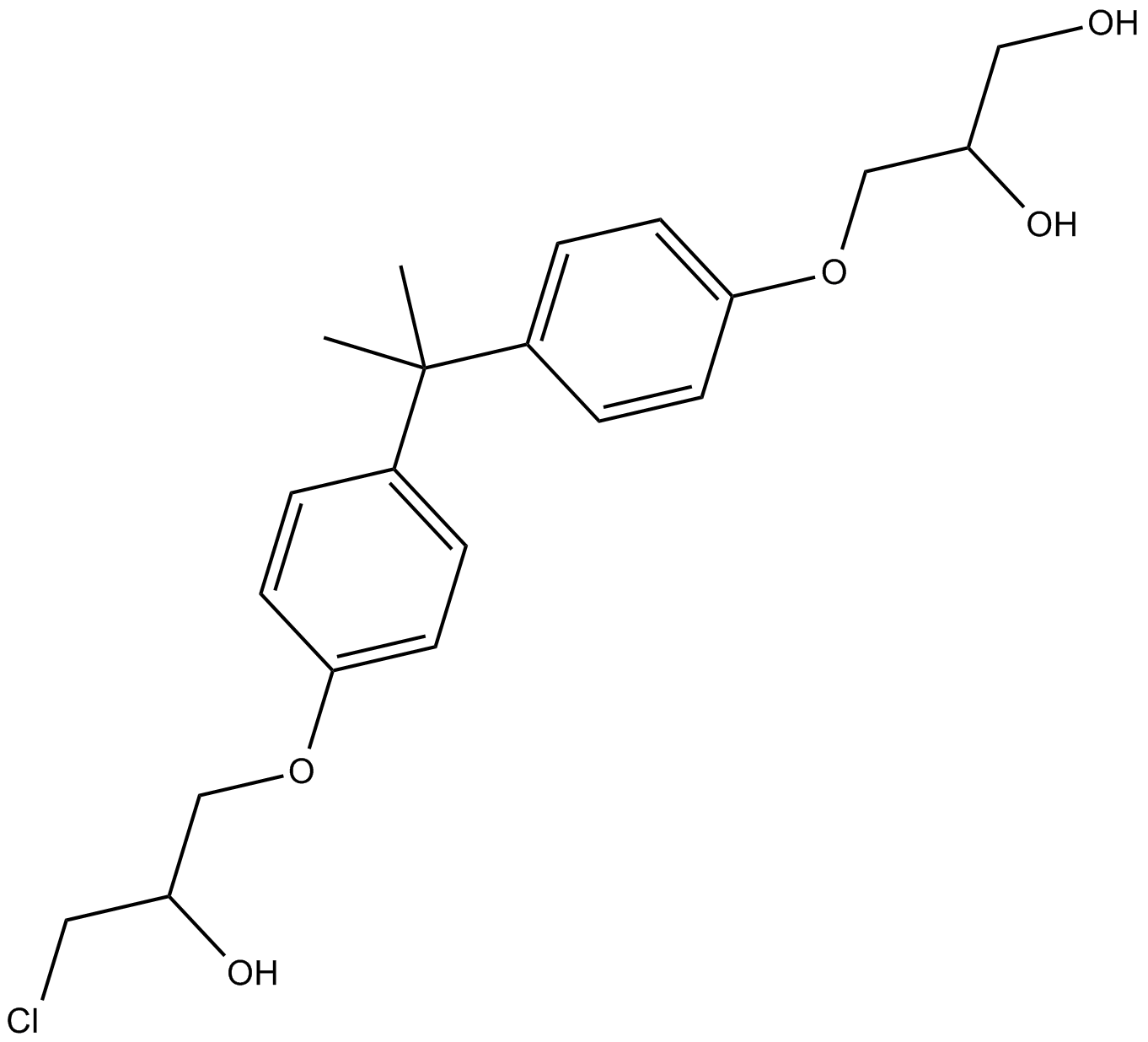 B6041 EPI-001Summary: AR antagonist
B6041 EPI-001Summary: AR antagonist -
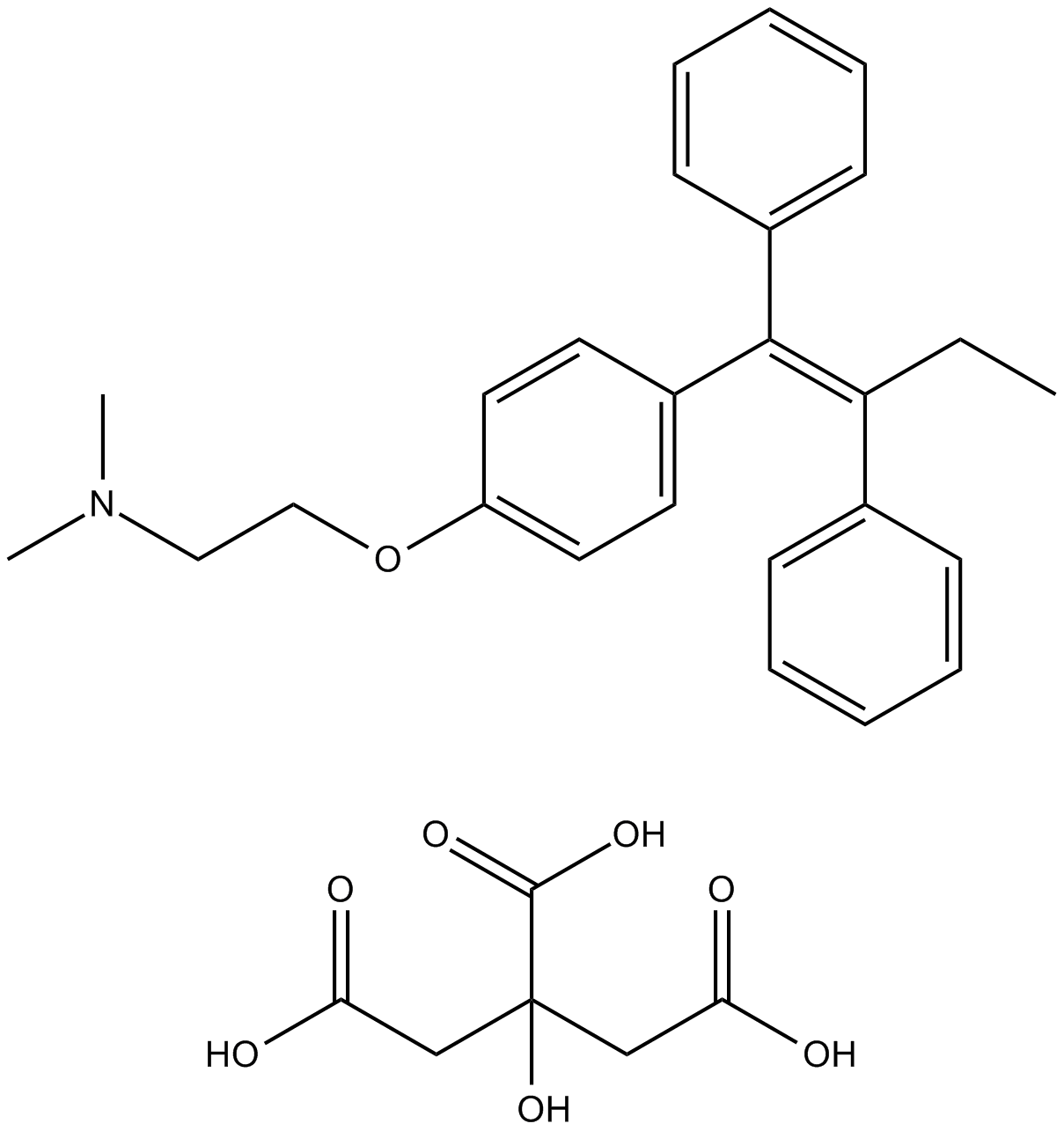 B1394 Tamoxifen CitrateTarget: Estrogen and Related ReceptorsSummary: Antiestrogen drug
B1394 Tamoxifen CitrateTarget: Estrogen and Related ReceptorsSummary: Antiestrogen drug -
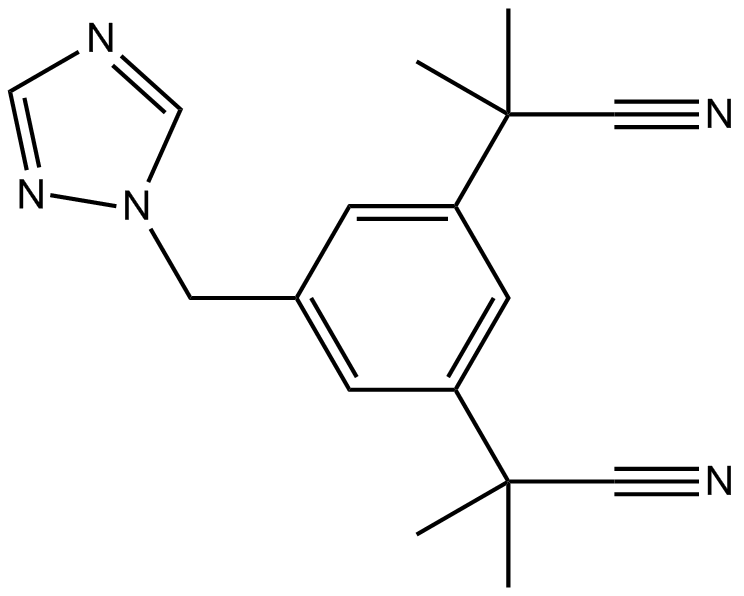 B1382 AnastrozoleTarget: AromatasesSummary: Aromatase inhibitor
B1382 AnastrozoleTarget: AromatasesSummary: Aromatase inhibitor -
 B1049 Ulipristal acetateSummary: Novel selective progesterone receptor modulator (SPRM)
B1049 Ulipristal acetateSummary: Novel selective progesterone receptor modulator (SPRM) -
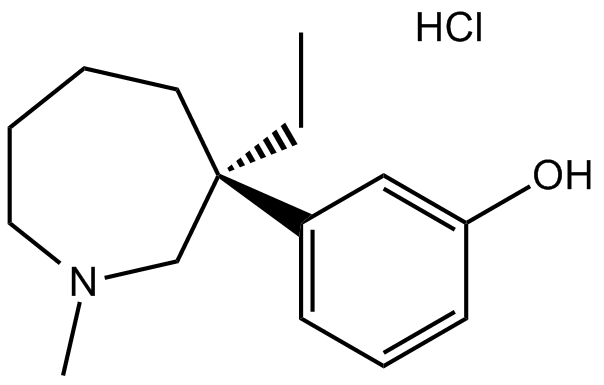 B2110 Meptazinol HClSummary: Partial agonist at the μ1 opioid receptor
B2110 Meptazinol HClSummary: Partial agonist at the μ1 opioid receptor -
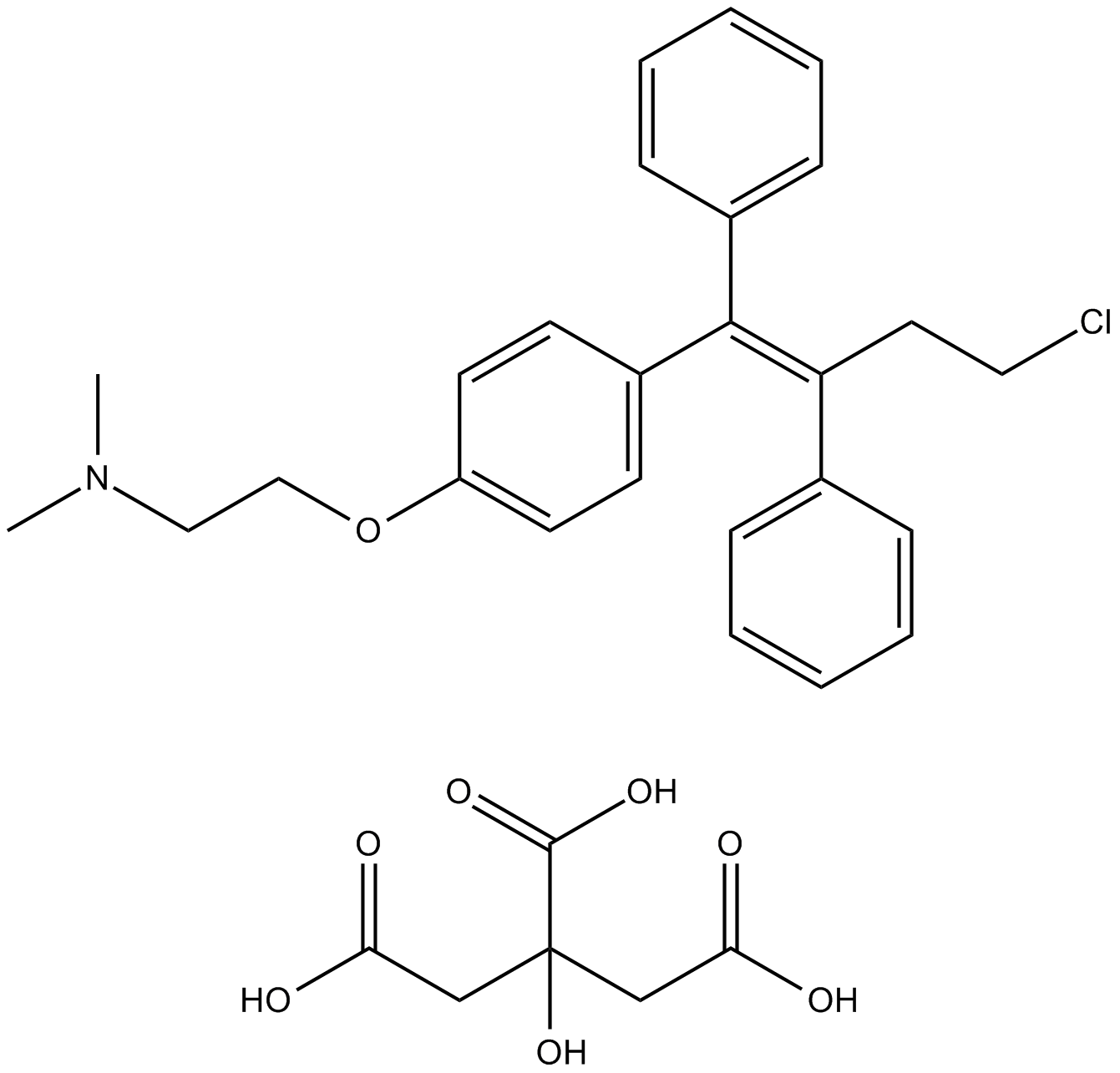 B1513 Toremifene CitrateTarget: Estrogen and Related ReceptorsSummary: Oral selective estrogen receptor modulator (SERM)
B1513 Toremifene CitrateTarget: Estrogen and Related ReceptorsSummary: Oral selective estrogen receptor modulator (SERM) -
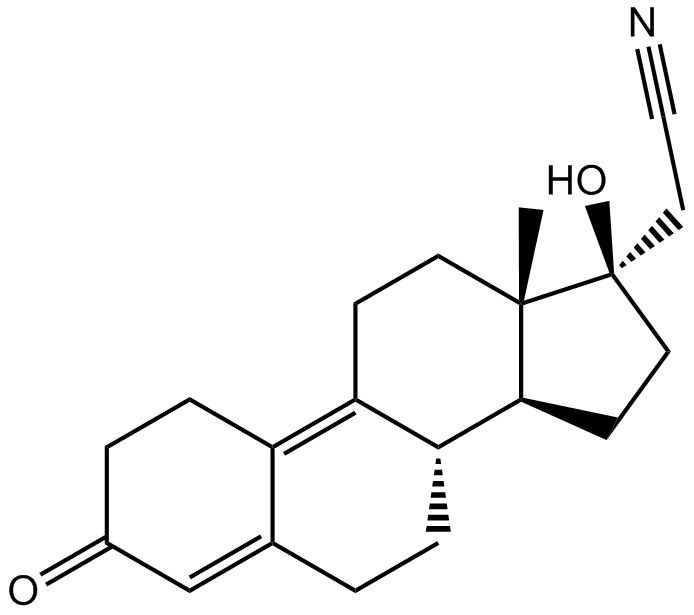 B1516 DienogestSummary: Orally active synthetic progesterone
B1516 DienogestSummary: Orally active synthetic progesterone -
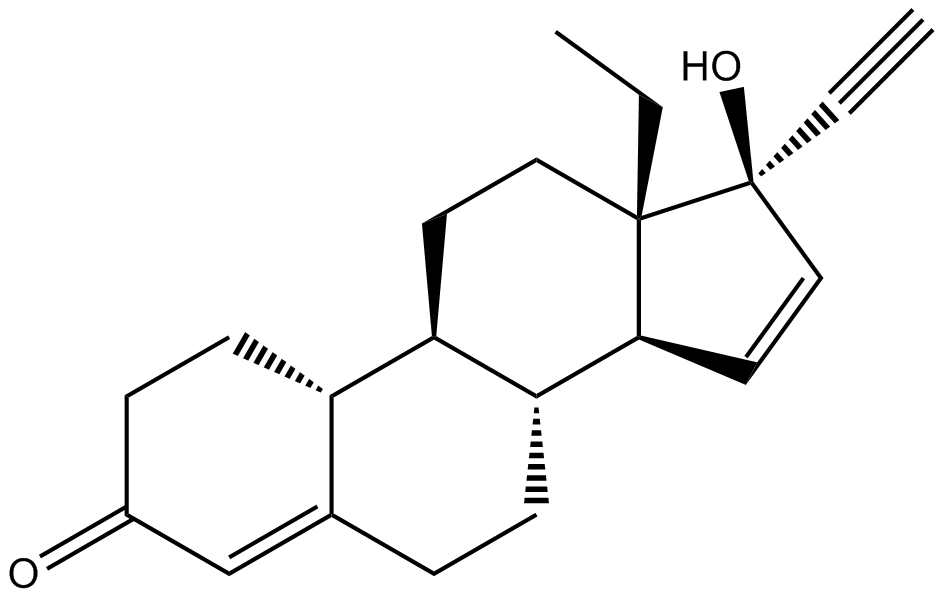 B1517 GestodeneSummary: Progestogen hormonal contraceptive
B1517 GestodeneSummary: Progestogen hormonal contraceptive

